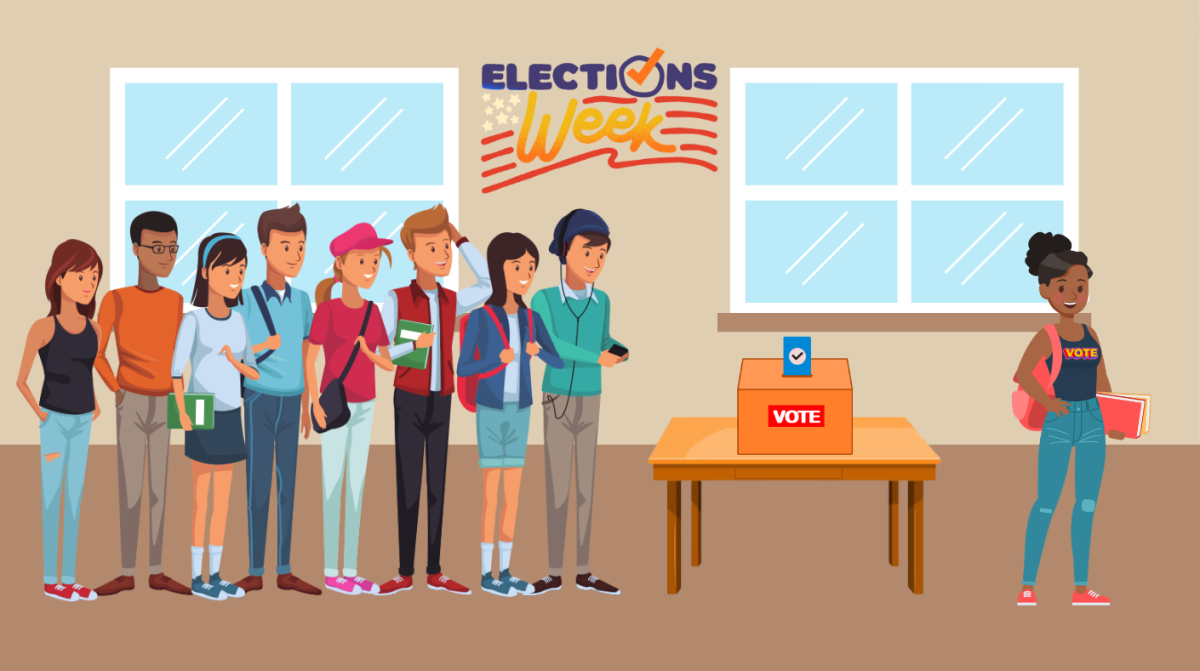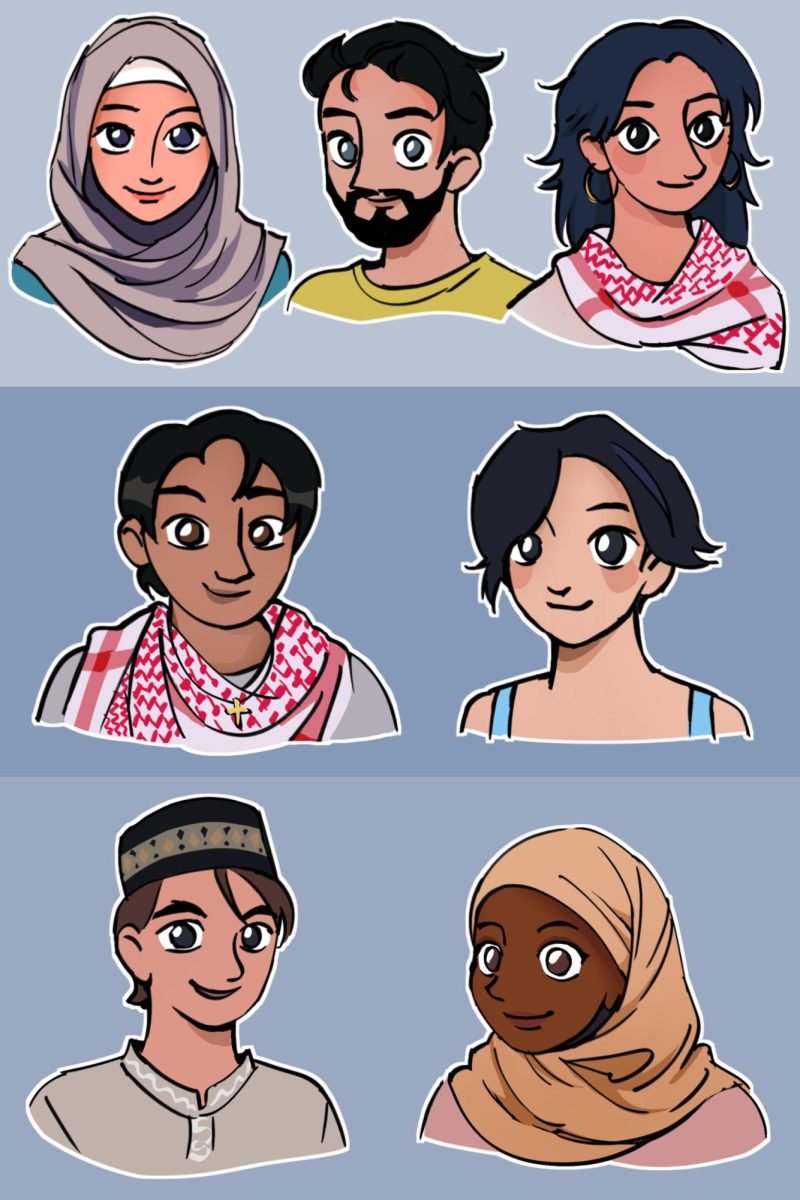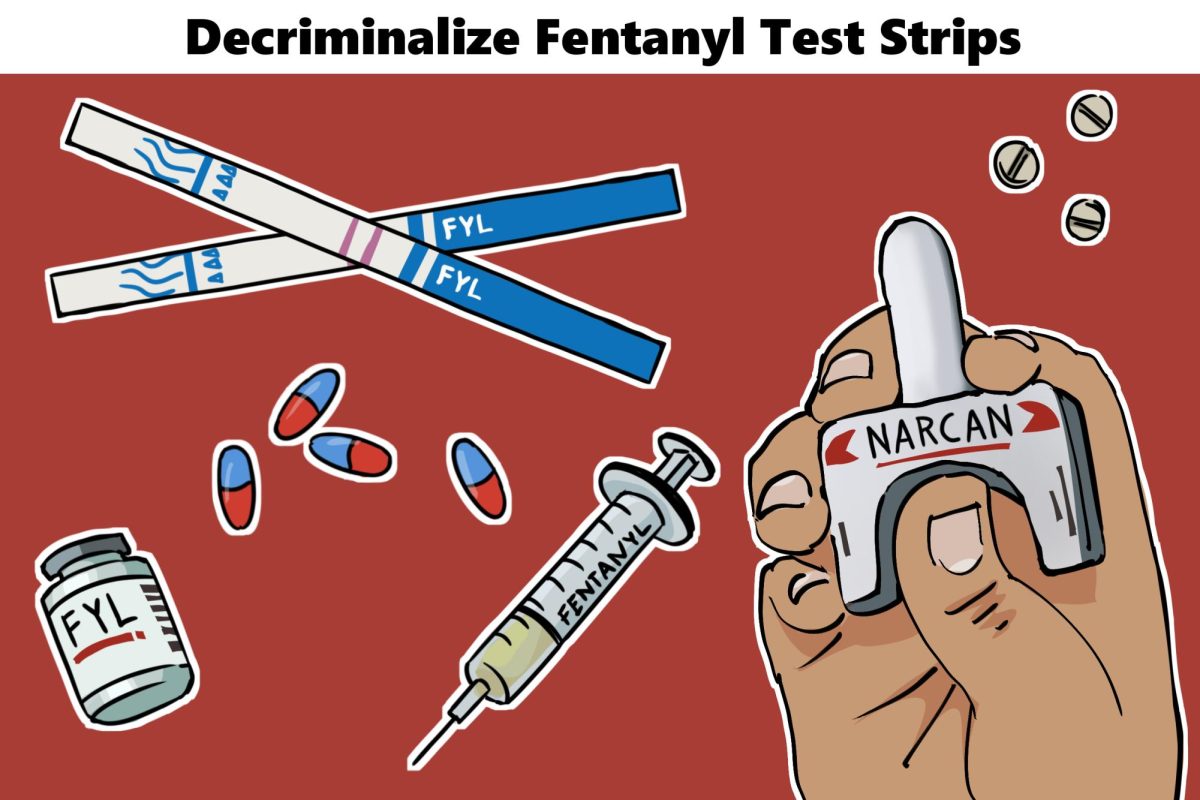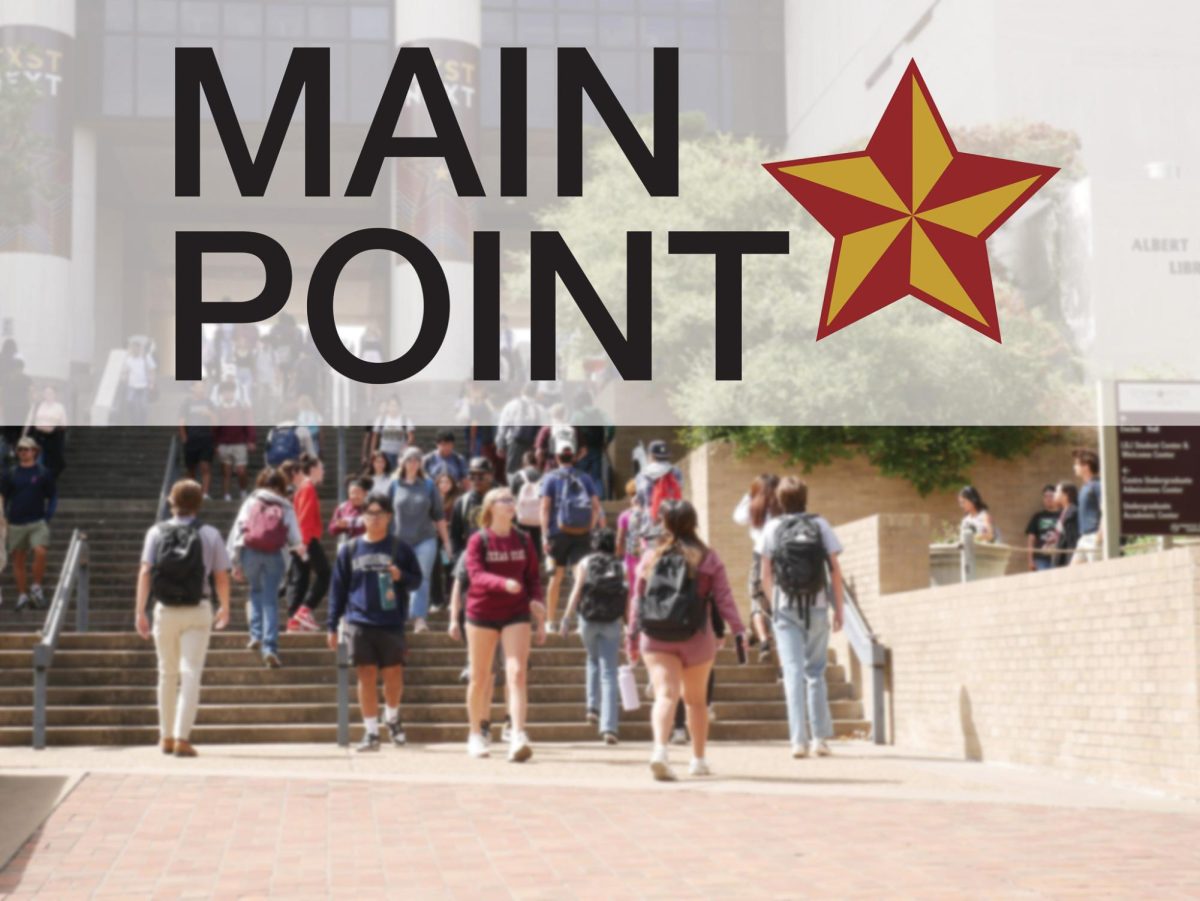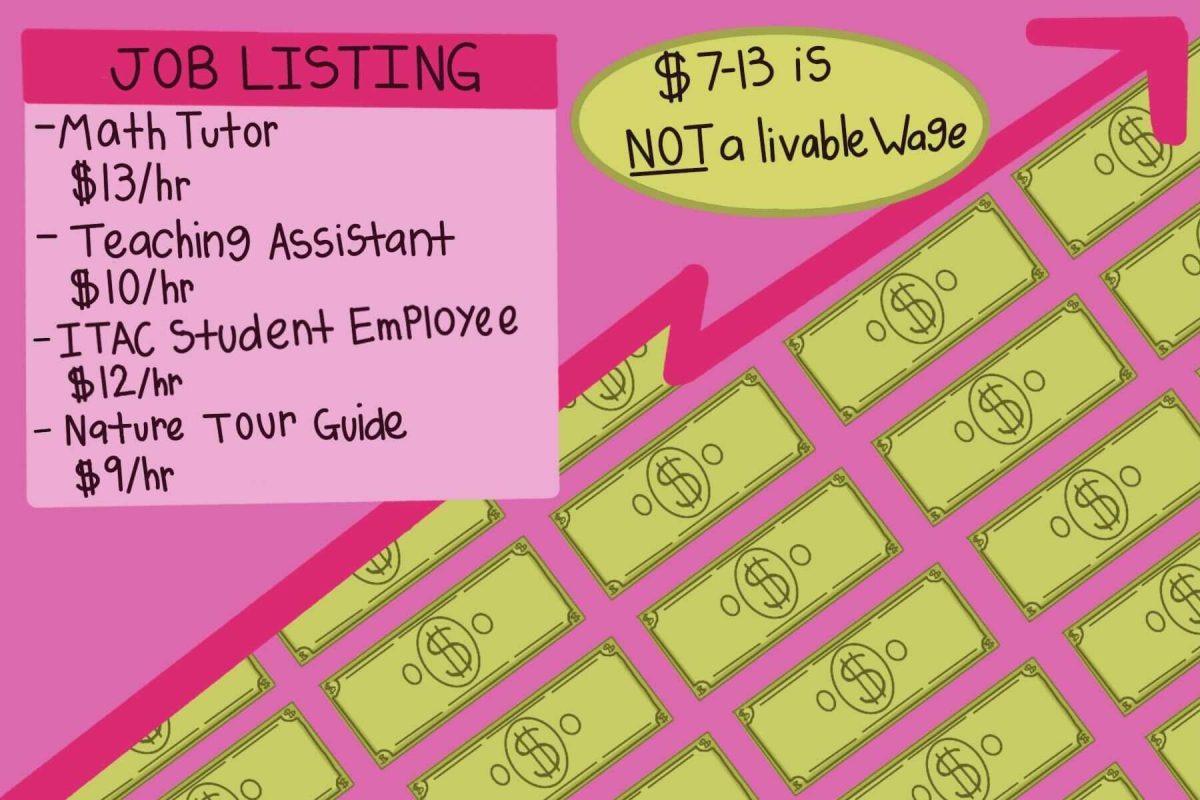Politics can be draining. Sometimes it feels like there is no power left to be exercised by younger generations due to the inner workings of our government coming off as shady, incomprehensible and boring.
While we may be slow to recognize the authority college students can wield during election cycles through the sheer power of numbers, their presence at voting booths effectively influences politicians to meet popular demands. As one of the largest demographics in America, college-aged adults should take advantage of voting in every election.
Historically, college students have been extraordinarily apathetic when it comes time to cast a ballot. A study by scholar Sheena Iyenger points out that young people have been underrepresented at the polls ever since 18-year-olds received the right to vote in 1972.
Every year, The Institute of Politics at the Harvard Kennedy School surveys 18-to-29-year-olds to determine their feelings towards the efficacy of voting. This year’s study shows that youths increasingly believe political involvement is a waste of time as tangible results seem nonexistent. Moreover, voting doesn’t seem to make a difference more than ever, and there’s a dramatic lack of faith in elected officials’ ability to enact positive change.
Sitting politicians have long considered 18-29-year-olds politically apathetic and consequently have been uninspired to address their concerns. However, recent studies have proven that this attitude is detrimental to these individuals’ potential to retain their offices. For example, according to researchers at Tufts University, 66% of registered college-aged voters cast their ballot in the 2020 presidential election. This 14% increase in college-aged voter turnout from 2016 has caused future electoral candidates to pay more attention to the desires of voters in that demographic. The study also pointed out that younger college-aged 18-21-year-olds students provided a greater turnout than upperclassmen at universities.
Voting in elections is a surefire way to make politicians cater to your wants and needs. Politicians recognize the effects of voter turnout by demographic and often make sure to appease the groups that show up to the polls — whether in support of their policies or against them. For example, according to the LA Times, youth votes were responsible for the Democrats’ recapture of the House of Representatives. Furthermore, President Joe Biden has the youth vote to thank for securing crucially important states in the 2020 presidential election.
Over the past couple of years, issues that are popular with younger voters have forced their way into the forefront of political discourse. Here in San Marcos, activists have worked hard to garner support for several referendums that appeal to young voters, such as the famous marijuana decriminalization referendum, and they’ve found success in the process.
Texas State students have registered to vote in Hays County directly because of this popular proposal. The potential of marijuana decriminalization in states that have traditionally been hostile to the prospect has grown immensely, suggesting that politicians nationwide are paying more attention than usual to issues concerning young people. Furthermore, Biden has gone so far as to provide up to $20,000 in student debt relief — an action that would have been unimaginable just eight years ago — proving that if young people show up to the polls, they’re likely to have their voices heard.
Skeptics of the efficacy of voting might still hold fast to the belief that their single vote isn’t enough to make a difference in an election. That belief is only validated if everyone thinks that way, which would mean that politicians are strategically correct when it comes to ignoring the voices of the youth.
Conversely, suppose individuals withhold their votes because they believe that everyone else’s vote will compensate for the absence of their own. In that case, the two predicaments cancel out, and no one is happy. In the 1960s, young people began extensively using civil disobedience to influence politicians. In some cases, such as in the case of the civil rights movement, they found success. In others, like the anti-Vietnam war protests, their actions backfired. As a result, it can be tempting to circumvent the voting process in favor of other means of enacting change. However, history has shown us that voting is the right first step to getting what we want in this epoch. If it didn’t work, then politicians in regressive parts of the country would not try so hard to deny confident Americans one of their fundamental civil rights.
Within the current confines of our system of government, we are limited in our capabilities to enact change, some preferring that change take place overnight. Perhaps in the future, we will empower groups and individuals who will make the road to prosperity accessible and within sight. Working within the structures, we must discover the potential that we currently find ourselves. In short, the best solution to the issue of politicians not paying attention to young people’s voices is to cast your vote as a young person.
-Dylan Aguilera is a philosophy, English junior
The University Star welcomes Letters to the Editor from its readers. All submissions are reviewed and considered by the Editor-in-Chief and Opinion Editor for publication. Not all letters are guaranteed for publication.
Opinion: Students should vote
Dylan Aguilera, Opinions Contributor
November 1, 2022
0
Donate to The University Star
Your donation will support the student journalists of Texas State University. Your contribution will allow us to purchase equipment and cover our annual website hosting costs.
More to Discover


